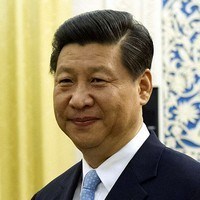
By most measures, the income gap between urban and rural households in China is one of the largest in the world, with urban residents’ incomes more than triple those of their rural counterparts. Not surprisingly, then, improving rural incomes has become the main target of social welfare policies in China today, though it is too early to tell whether such policies will be enough to reduce the rural-urban income gap. The new social policies have also been introduced in the context of two long-term demographic trends of great significance: China’s high-speed urbanization and the rapid aging of its population. China’s […]


